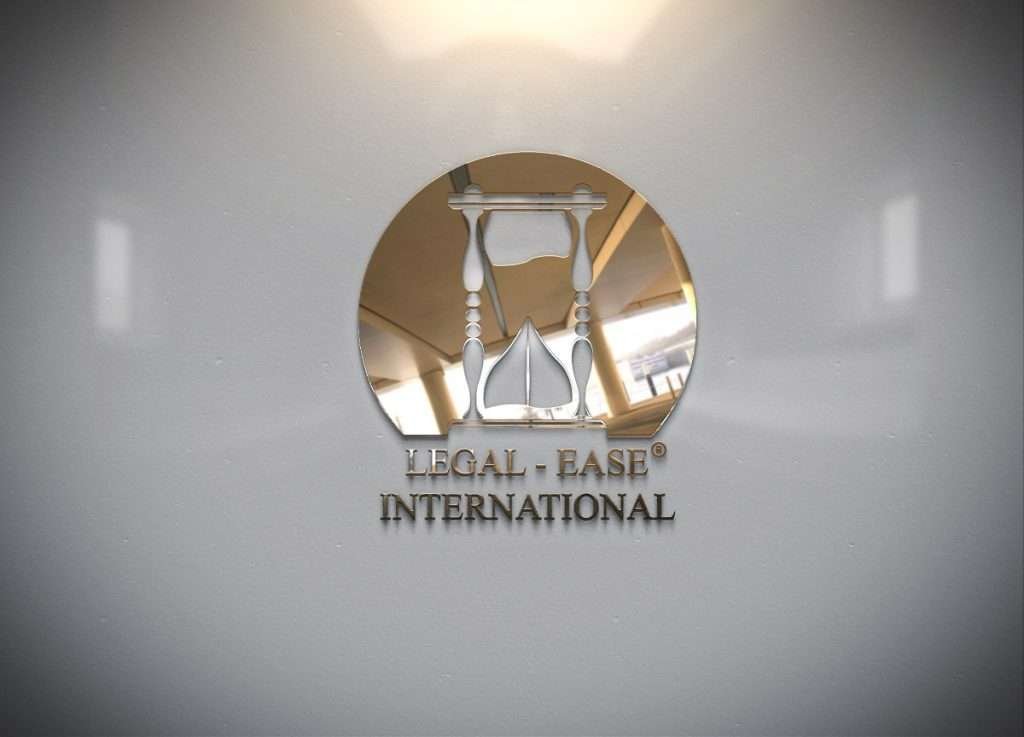THE ORIGIN OF “FALSE FRIENDS”
False friends occur when words in two languages resemble each other either in sound or appearance, suggesting that they may be literally translated; in fact, however, they have very distinct meanings.
False friends are word pairings in two different languages that appear to have a similar phonetic form, but in reality have entirely different meanings, origins, and spelling. This is especially important to be aware of in translations.
Sometimes words with the same origin words take a separate path in each language, or words with different origins resemble each other by coincidence. That can mean trouble. You might want to tell someone you don’t want to embarrass her and wind up saying, “I don’t want to get you pregnant.”
An example would be ROPA in Spanish meanining clothes, and ROPE in English.
| DESGRACIA | mistake, misfortune | DISGRACE | vergüenza |
A few examples:
| CASUALIDAD | coincidence, chance | CASUALTY | víctima |
False Friends make translating a true art, and these words need to be carefully translated.
For any questions contact us at info@legalenglish.com





